
What is ChatGPT & how to use it
ChatGPT is an AI language model developed by OpenAI. It is a type of conversational…

What is Marriage Point Calculator? A Marriage card game point calculator is a tool that can be used to quickly and easily calculate the number of points earned by a player or team during a game of Marriage. This can be done by inputting the number of tricks won, as well as the number of…
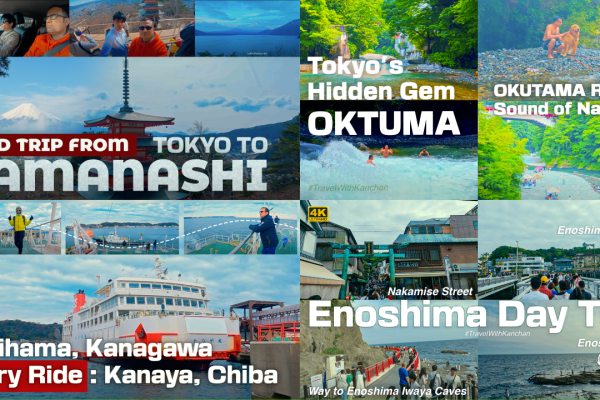
Escape Tokyo’s hustle with a day trip to breathtaking temples, scenic hiking trails, and stunning natural wonders—all just a few hours away. Discover serene escapes, cultural gems, and outdoor adventures perfect for a quick getaway! Gunma Prefecture (群馬県) One of only eight landlocked prefectures in Japan, Gunma is the north western most prefecture of the…
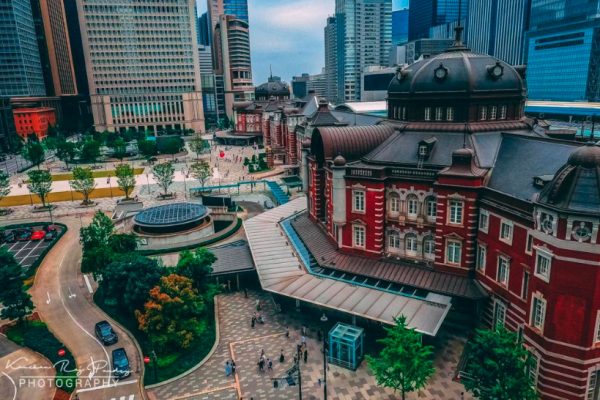
Do you enjoy filling your Instagram feed with stunning travel photos? Where can you find the best places to capture historic or modern culture, or to make your photos stand out? Consider our recommendations for the coolest places in Tokyo to practice your photography. Tokyo has many iconic sights and is a photographer’s best city…
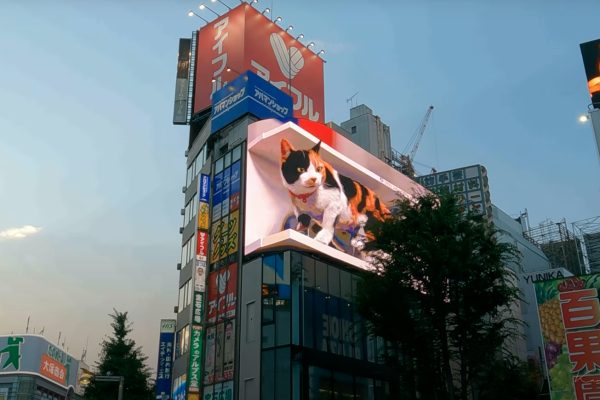
On a Tokyo billboard, a massive 3D cat has come to life. The cat is shown walking around the screen while meowing for all to hear. According to CNN, the hyper-realistic feline appears on a 1,664-square-foot curved LED screen in Japan’s Shinjuku district. The “Shinjuku cat” appears differently depending on the time of day. It…

Do you have no prior experience creating and editing video? Don’t worry! I have 10 best travel vlogging tips for you. Everyone has to start somewhere, no matter where they are in their filming or editing careers. Videos on the travel come in many forms, from the usual style of vlogging and talking to a…
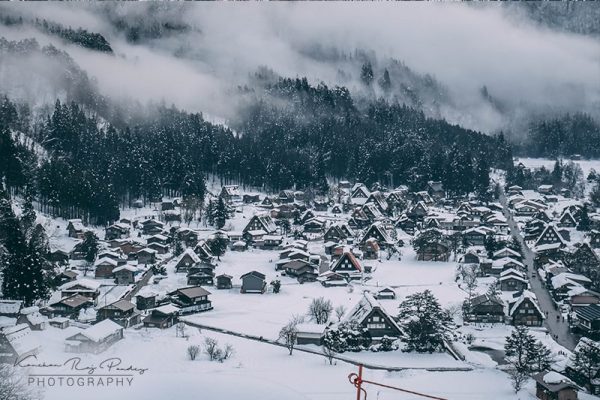
In the remote mountains that range from Gifu to Toyama Prefectures, the Shirakawa-go (almost, Shirakawagō) and neighboring Gokayama (almost) areas line the Shogawa River Valley. They are renowned for their traditional gassho-zukuri farmhouses, some of which are more than 250 years old, and were declared a UNESCO World Heritage Site in 1995. Gassho-zukuri means “constructed…
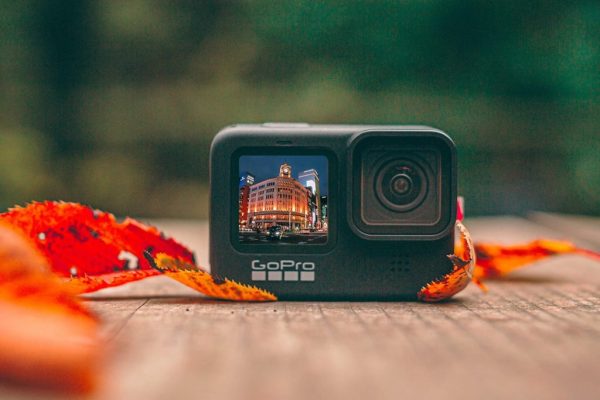
The slogan of GoPro for the Hero 9 launch is “More everything,” and there is enough new stuff to make it feel equal. The higher resolution is welcomed by GoPro regulars, while the new front screen avoids competition from DJI. The Hero 9 will remain flexible well after its launch with the inclusion of the lens mods, and a return of the reversible lens cap and greater battery life squashes two major negative effects from previous cameras. You can remotely monitor the camera, view preliminary images and upload them directly, and make edits by connecting with the GoPro app via Bluetooth, and via Wi-Fi for more intensive intervention. You are then able to instantly build 1080p live streams, with social channel sets like YouTube and Facebook, and with an ongoing awkward manual option. GoPro has introduced the ability to use the HERO 9 cabled webcam in an especially timely manner to the remote work environment of the ‘new standard.’ Fill in your USB-C charging cable with the GoPro Webcam desktop app. A very useful magnetic mount shaped as a crocodile clip is the ideal screen mount, giving experienced vloggers and casual zoom callers extra value as well as a useful dual-use faff reducer while traveling. Talking of the faff reduction, the larger battery can be battered on a few grams, but it adds a declared battery life of 30 percent. The HERO 9 battery life was powerful enough to capture many videos in maximum 5 K resolution and hundreds of photos at a time, and the test model had a battery pack for extra power. The only snag is that the battery can only be placed on board (by USB-) without an external adapter so that both batteries can be switched into the chamber to fuel. GOPRO HERO 9 BLACK REVIEW: SPECS Weight 158g (no frame required) Dimensions 71.0W x 55H x 33.6D (mm) Video 5K30, 4K60, 2.7K120, 1080P240 Photo 20MP Connectivity Wi-Fi, Bluetooth Max video bitrate 100Mbps (5K, 4K) App GoPro App integrated with Quik Horizon levelling On Camera + With the GoPro App Digital lenses…
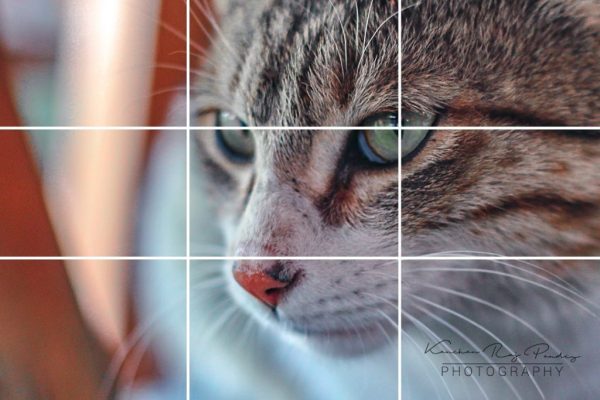
Good photography isn’t only about your camera. You also need a good view, technical skill, and practice. The photographic composition can make your photography great. The composition is the backbone of good photography. Every object in your shot makes a good balance in your image. If you’re new to photography, you may be trying to…
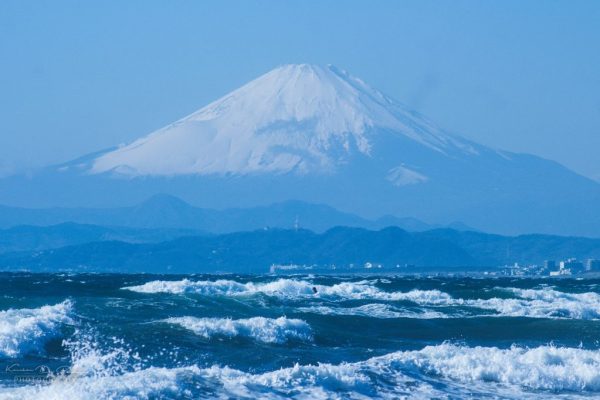
The last day before the holidays, we were having our lunch. this idea came to my mind. Oh, how about going on a trip? Then and Sanjeev started browsing the internet looking for beautiful destinations to visit around our place. Sanjeev came up with a beautiful destination Enoshima Island. It is one of the small…

ChatGPT is an AI language model developed by OpenAI. It is a type of conversational AI that is trained on a massive amount of text data from the internet to generate human-like responses to questions and prompts. ChatGPT can be used in a variety of applications, including chatbots, virtual assistants, and language translation. It is…
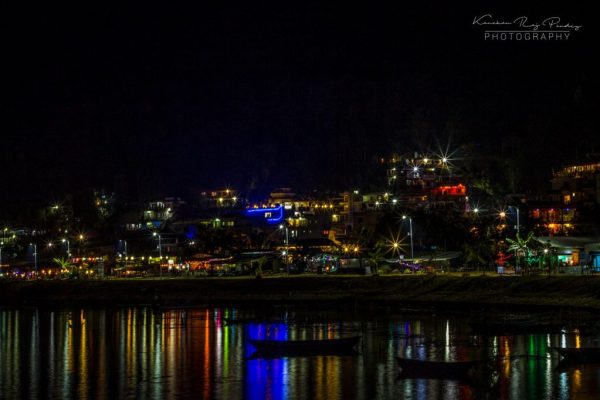
One such type of photo is one in which a mirror image is created with a water reflection. It takes several different camera settings and only the right lighting conditions to create a wide range of water for the desired look. Reflections can be a great addition to your photographs at any time of day…